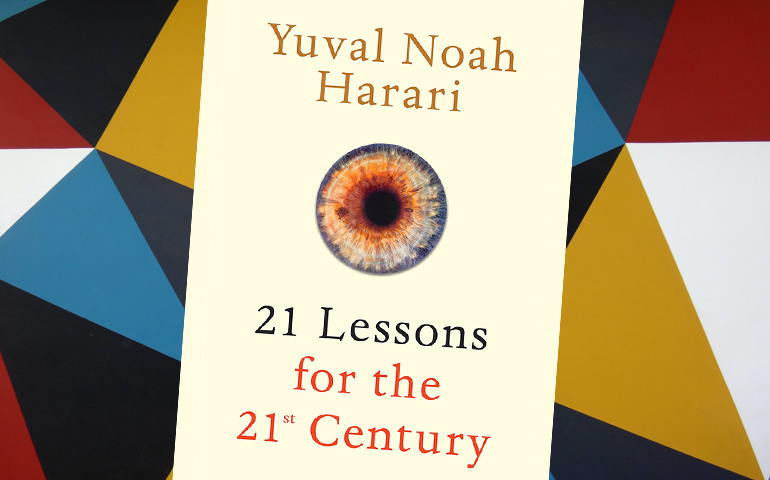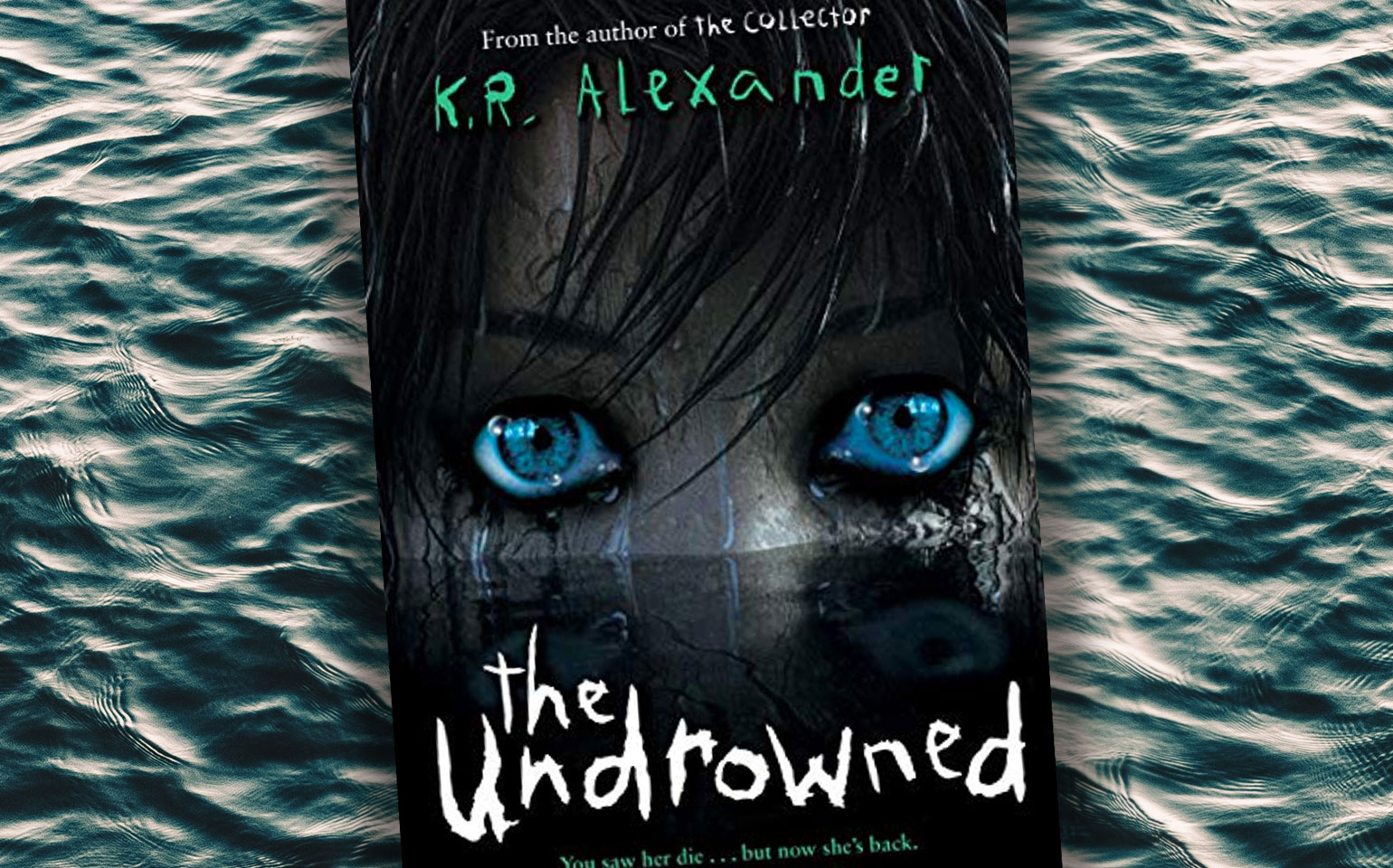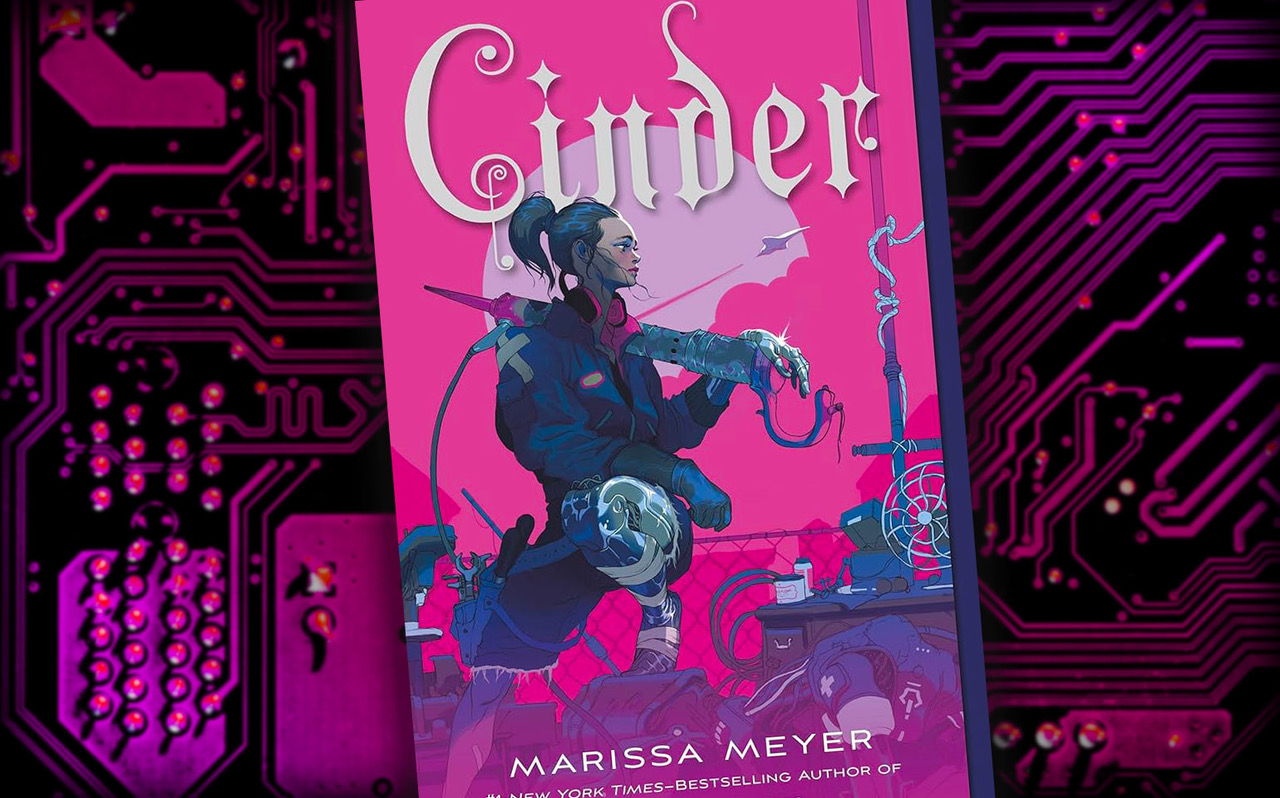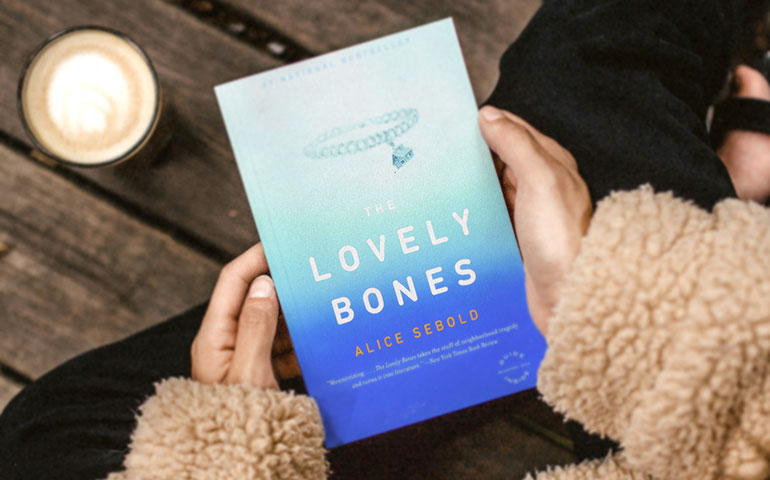
21 Lessons from the 21st Century: A Review
I am part of Generation Z, born at the start of the 21st century. I’m growing up in a world that is constantly changing. It is hard to keep up– when we barely slow down– and analyze everything society changes. How can I understand this fast-changing world? What can we learn from everything we see daily on the news to improve our future, but also, the meaning in our lives? Reading 21 Lessons for the 21st Century helped me answer these types of questions.
For teenagers like me, I know it is not always entertaining to engage in advanced discussions. It is sometimes difficult to understand complex topics relating to the roots of civilization or the ethics of technology. Yet, Yuval Noah Harari, a writer and historian with a Ph.D. in History from the University of Oxford, has proven to us that history does not have to be boring.
In his first book, Sapiens, he discussed the past of civilization and its reflections on today. Homo Deus, his next book, presented the reader with current philosophical dilemmas from technology. 21 Lessons for the 21st Century has been my favorite of his three books.
21 Lessons for the 21st Century is a mix of our history with the possible future of humanity, posing solutions to problems that our world is facing or will face. This book acknowledges the most important topics that we have to consider as a society to create a meaningful present and future. At the same time, Harari discusses the effect of new technologies, political systems and the meaning of life in the 21st century.
The book by Yuval Noah Harari has five chapters about the world and our personal lives today. The first two talk about the political and technological systems we see today. Through the technological advancements today, Harari poses questions on how they might look in the future and change our lives for good or worse. He discusses the political systems we have embraced as right and challenges these systems into how they affect our personal beliefs. The last three chapters were my favorite. I have always been interested in ethics, philosophy and the meaning of life. The last chapters which talked about hope, truth and resilience, fed my curiosity. Harari questions personal values such as determination, illustrates a future beyond science fiction and fake news, and proposes conducts to bring everlasting meaning to our life.
Something about this book that makes it enjoyable for young readers like me is the language the author uses. Although it is formal, the words are conversational, simplifying thought-provoking topics into easy-going language.
As well, if you are concerned about how long a philosophical, historical book may be, don’t worry! This book is only 323 pages long, making it a worthwhile read.
You should read this book if you are interested in how history affects our present or if you wish to know about the future of humanity. You should read this book if you are a teenager like me, looking to grow your mind and be ready to face the future we are creating. I always find myself wandering along the aisles of the non-fiction section at the bookstore. Books discussing and analyzing our society through philosophy and history call me. When I first saw 21 Lessons for the 21st Century, I knew I had to read it. I am always intrigued to get advice as to how people my age may understand the world around us and work to improve it. In a world where social media posts, exhilarating ads, and a fast-changing world surround us, it is okay to slow down and look at the world we have created to improve it for the best. It is even better to take a break and read 21 Lessons for the 21st Century.



